Copyright registration and its benefits
Introduction
The Copyright Act, 1957, accompanied by the Copyright Rules, 1958, is the prevailing regulation for cop . The laws dictated by the Copyright Act enables the creation of property rights for innovative and intellectual content. It serves to protect the official rights of the innovator and safeguards his or her work by averting further imitation of that work. The existing copyright laws safeguard a range of intellectual property from computer software to any published work and more. The works that can be protected include:
- Literary works such as articles, journals books and so on. Moreover, reworked copy, are also taken into consideration and are shielded under the copyright law.
- Dramatic Works involve content that can be physically performed. It need not be fixed in writing or otherwise. Dance routine, costumes, and scenery and more that are linked to a drama, are examples of dramatic works.
- Any work involving music, where the lyrics of a song and the music consist of separate rights. These two rights cannot be merged.
- Works including paintings, carving, illustrations, engravings, photographs, architectural works and more, are referred to as artistic works.
- The recording of moving images by the means of video recording using webcams and mobile phones is denoted as In addition, the soundtracks of movies are also included under the umbrella of cinematography. These cinematographic films and soundtrack are protected under this Act.
Notion of Copyright
- The Copyright law in India is applicable to all original and innovative creation. Data such as journals, books, photographs, music, sound recordings, art, websites and more are safeguarded under the copyright law. In addition, dance, architecture, choreography are fortified as well. When an individual can view, examine, listen to content, it is probable that the content is secured by the principles of copyright.
- In order to protect a creation, no copyright notice or registration is required. It can be done without those as well. Original works of authors are protected by the copyright law. Once a work is created via any medium, the work receives an automatic copyright safety.
- An author in case of a literary or dramatic content refers to the individual who develops the content. The composer is the author of a musical work. The producer is the author when a cinematograph film is taken into consideration. The producer is the rightful owner of a sound recording. The photographer is the author and holds the ownership in case of a photograph. An individual who is responsible for creating computer generated content is the author.
- Copyright security on an original content is valid for many years. A work of an author can be protected throughout the existence of the author, and after their demise, it is protected for another seventy years.
- However, when content lacks copyright protection, it is plausible to use such content with no legal bindings and restrictions of the copyright law. Nonetheless, copyrights do have an expiration date, and those works may enter the public arena and are available without any constraint.
Benefits of the Copyright Act
- In order to gain copyright protection, the work needs to be authentic. The benchmark for judging the originality is determined by the skill and way of thinking and/or quality of labor. The law command in India guarantees copyright protection to even a low quality of investment in labor, the skill and way of thinking.
- The Copyright Act provides the right to reproduce allowing reproduction of the work in any manner as per as mentioned in Article However, it is obligatory to confirm when an individual engaged in replication of the work, is anticipating to attain commercial advantage out of it. Under other circumstances, it is mandatory to get the consent of the author.
- Moreover, the copyright holder is entitled to circulate his work through any medium as he deems fit. That individual is also entitled to license it when he gives it out on rental. Furthermore, the possessor has the authority to designate specific rights to another individual.
- The owner has the liberty to make use of the work in any way as deemed fit .The associated rights of the owner are a crucial element in this Act as well. The right to integrity safeguards the titleholder from misrepresentation, damage or alteration of the author’s original work.
- The Right to Publicly Perform entitled to the copyright owner allows him or her to perform their work in public. There is no limit on the strength of the public. As per as Article 11, the copyright owner has the right to perform in front of a large group of people.
- Right to Broadcast allows distribution of the work via any medium and broadcast the work in the public domain along with the Internet. However, the terms and conditions of the right to use will be determined by the copyright owner.
- The right of Public Recitation is also assured to the literary work authors.
- The authors are conferred with the right known as Right to Follow or Droit de Suite which allows the author to secure a proportion of the successive sales of their work.
- Under the Copyright Act, the moral rights are protected by the Berne Convention. Rights such as Right of Paternity and the Right of Integrity demonstrate how copyright is a personal right of the author, and of the work, and deserves recognition for his inventiveness. The Right of Paternity or Attribution secured by the copyright holder exists to provide the author the right to declare his authority over his work. Whereas, the Right of Integrity prevents any falsification of the author’s work in order to maintain the status and privilege of the right owner.
- When computer software and files are taken into consideration, it is difficult to protect the copyright of the creator through ordinary copyright laws. Nonetheless, suigeneris rights grant security to all such databases. This right subsists for a term of fifteen years.
- As mentioned in Article 15, Right to Enforce Protected Rights facilitate all copyright carriers to bring about encroachment proceedings against any breach of their work.
- As guaranteed by Berne Convention, the authors shall have the absolute right to approve the reproduction of their works. There will be no constraint to the reproduction of the copies, as long as there are no profits making agendas. The reproduction should not under any circumstances damage the economic and non-economic rights of the copyright title-holder.
Henceforth, “Copyright registration and its benefits”, give us a comprehensive knowledge of the ownership of a copyright. This ownership is safeguarded by the legal system in India and does not allow replication of any work without permission of the actual owner. This Act secures the ownership of unpublished work as well.





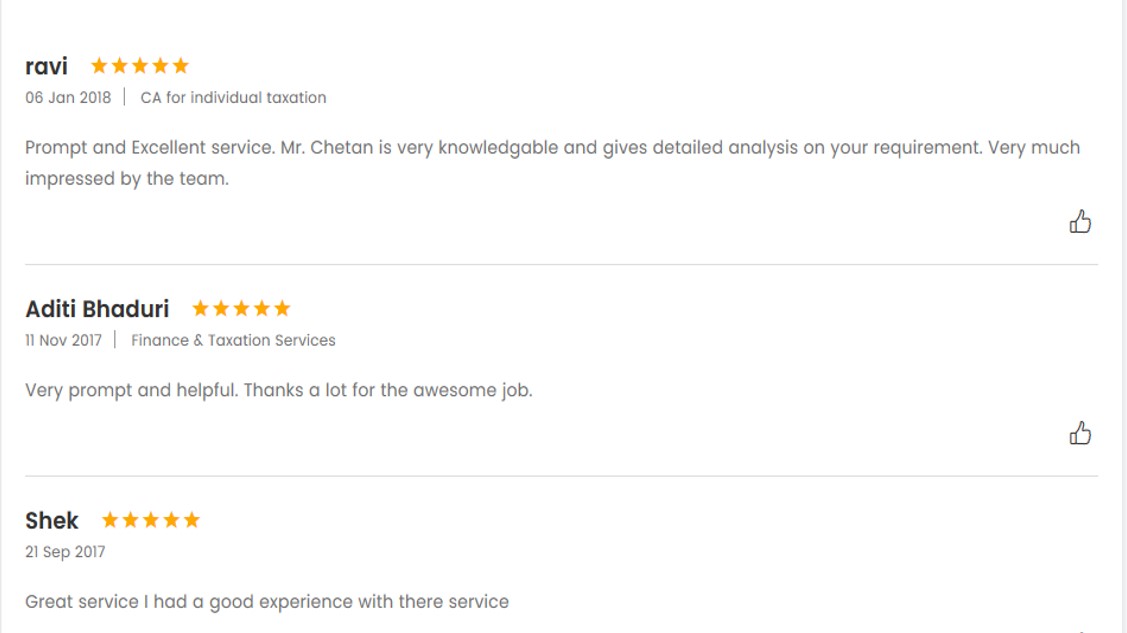

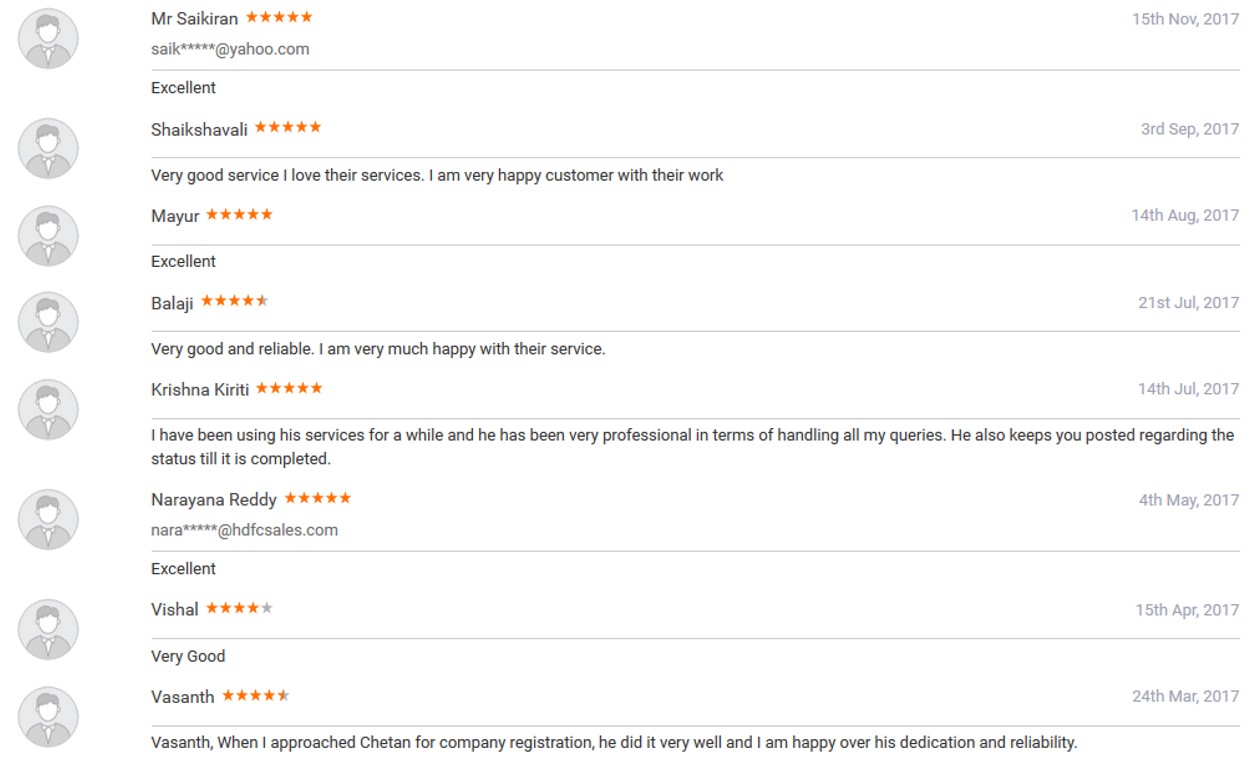
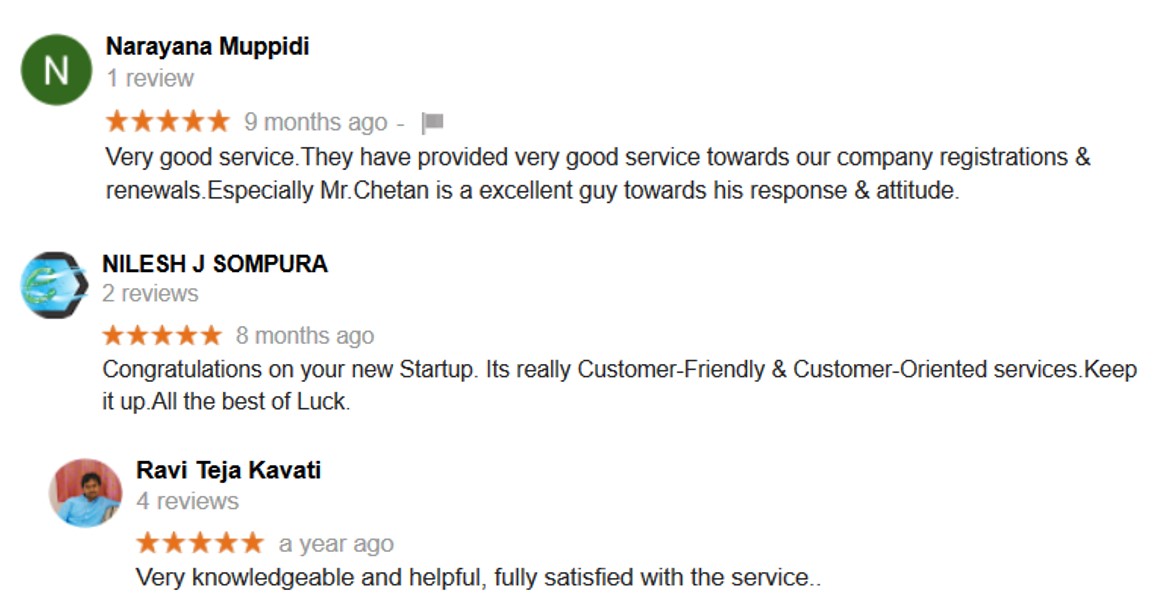
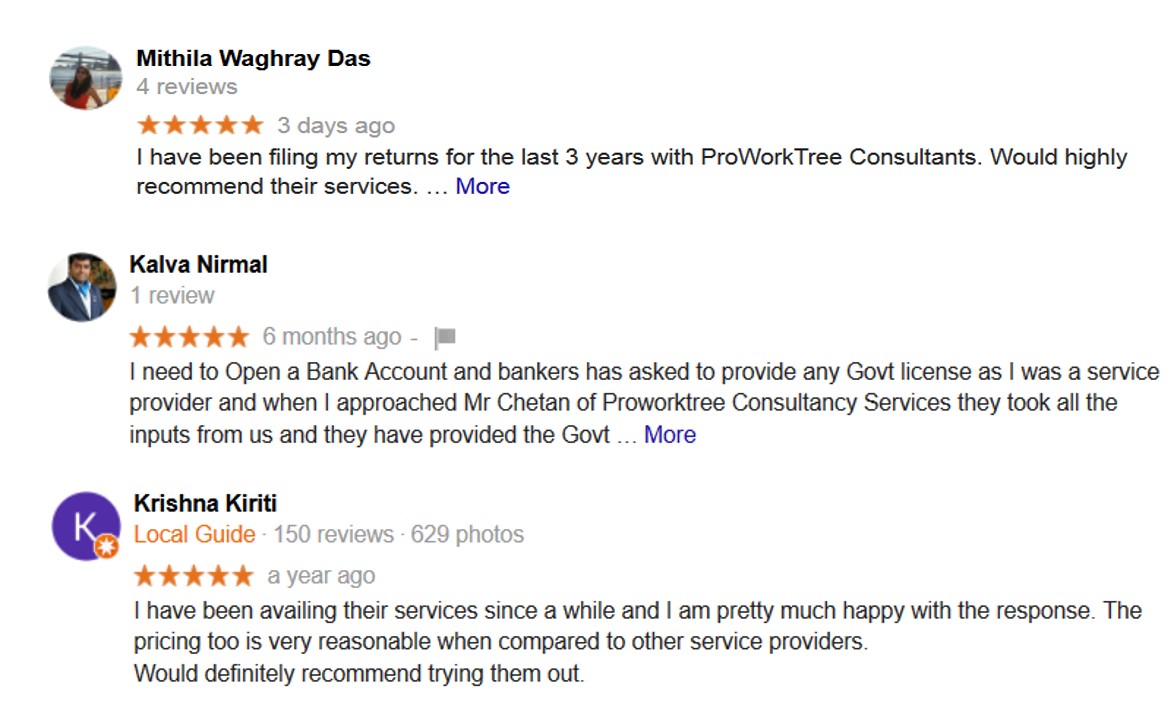
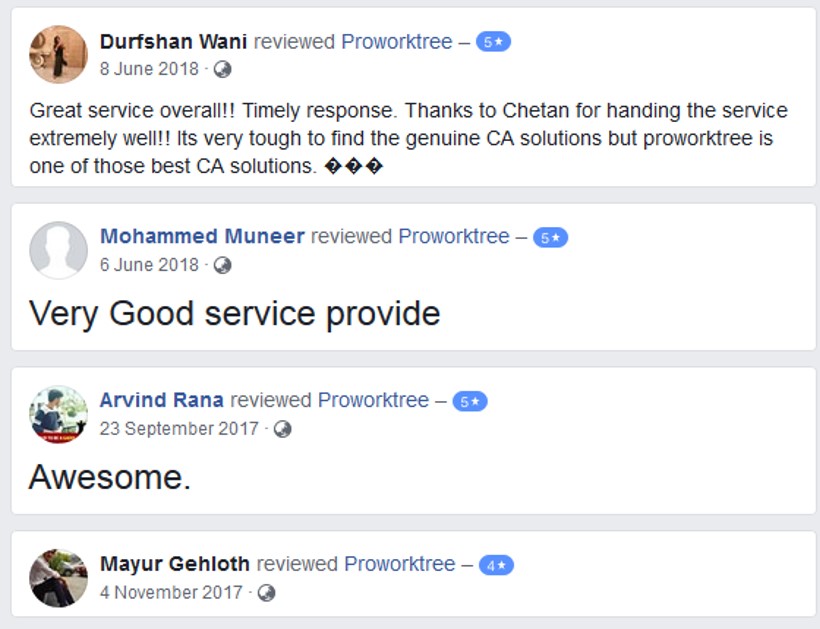
 Corporate Entity Registration
Corporate Entity Registration




0 comments have been posted.